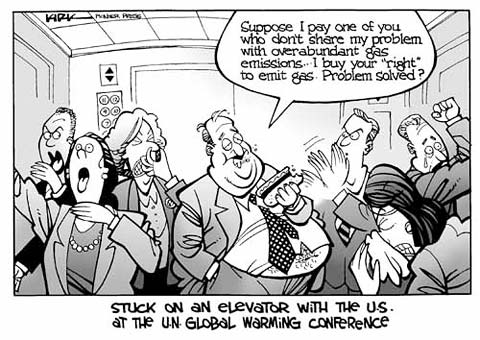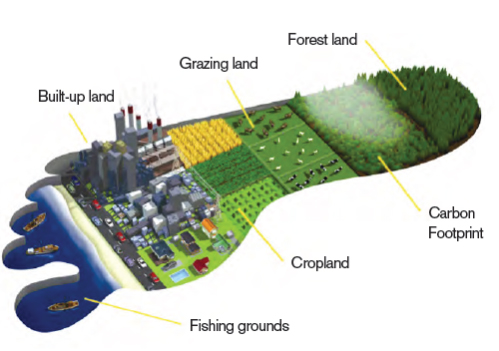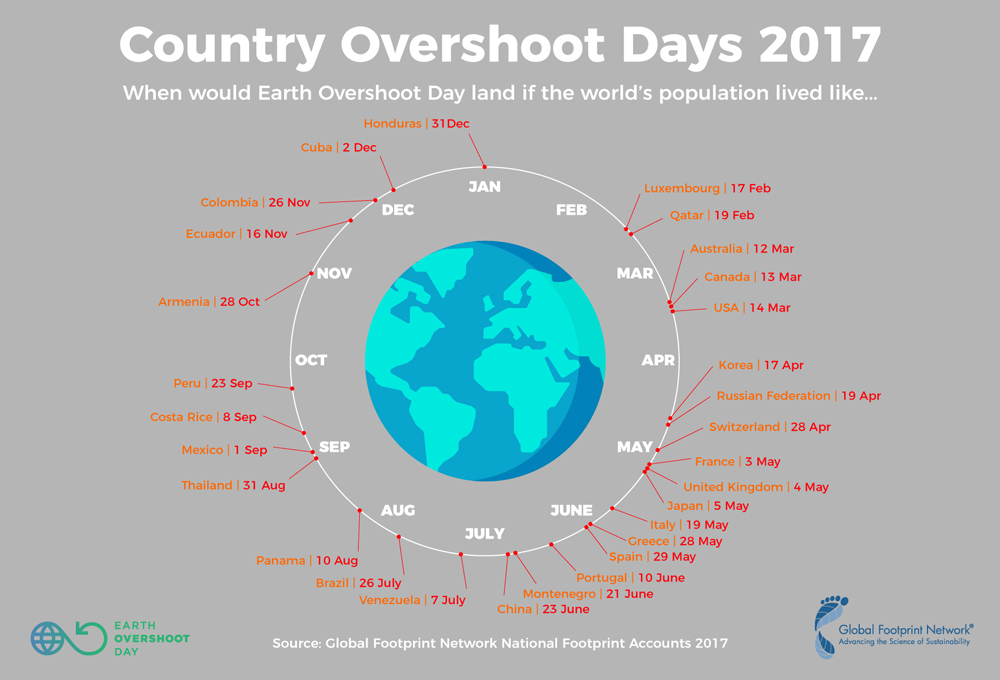The ecologic impact of land use regarding various parts of our lives is an important aspect of how we live on this planet. How the food we eat requires grazing land, and our usage of built up, energy, and forest land to provide ourselves housing makes a complex footprint that we create by living here. The supply chains and associated systems that various industries use are an integral part of our footprints and it is important to think about them in context of our daily lives.
The interconnected relationships of the farmer, their product manufacturers and providers, the distribution and processing organizations, and the retailers and consumers illustrate the complex web of resource usage that contemporary society finds necessary to provide food for the populace. Even in the most complex of interrelationship webs we do not see the third step removed from this process. It becomes next to impossible to calculate the economic and ecological externalities of all of these systems. How for instance would you calculate the impact that a farmer has when you contextualize their use of machinery, and the manufacturing of that machinery, and the impacts that the individuals creating this equipment may have. This makes for an integrated society and complex ecological footprint which becomes incalculable in its complex web of connections.
Reviewing commodity chains gives some insight into the need for simplification and ecological impact considerations. These elements are often driven by the neoliberal policies that were enacted in Bretton Woods, and are considered to be responsible for much of the contemporary globalization and capitalistic short sighted growth that we see today. We see the worst of this with companies like Walmart who centralize wealth, control, and homogenize the market which may be best for profit, but creates a larger ecological footprint. Similarly our food is made by a handful of companies like Kellog, Pepsico, and Nestle, who promote the idea of nutritionism yet, the ingredients list their products have are something out of a sci-fi movie. Our small businesses are also not without impact, but to them community, culture and society are much closer to home and not just a number on a spreadsheet.




I’m impressed, I have to admit. Genuinely rarely should i encounter a weblog that’s both educative and entertaining, and let me tell you, you may have hit the nail about the head. Your idea is outstanding; the problem is an element that insufficient persons are speaking intelligently about. I am delighted we came across this during my look for something with this.
Wow! This can be one particular of the most beneficial blogs We’ve ever arrive across on this subject. Basically Magnificent. I am also an expert in this topic therefore I can understand your effort.
Intresting, will come back here once in a while.